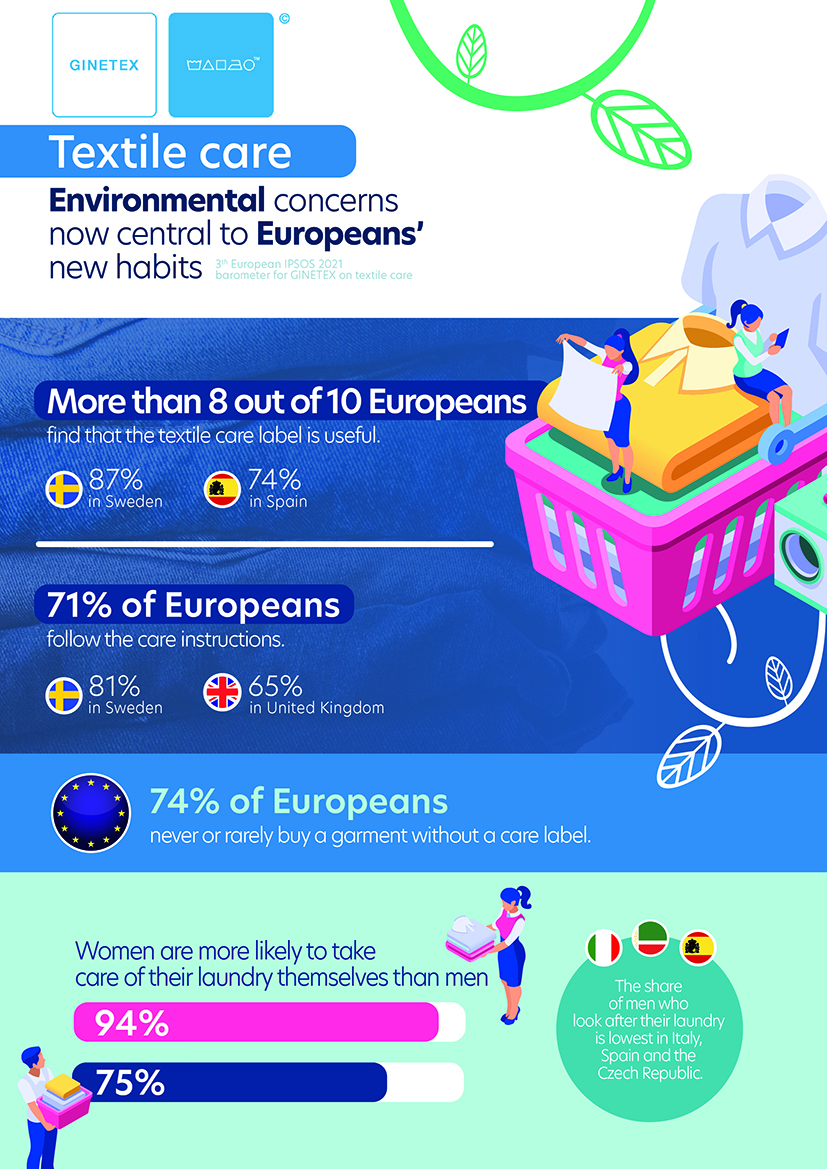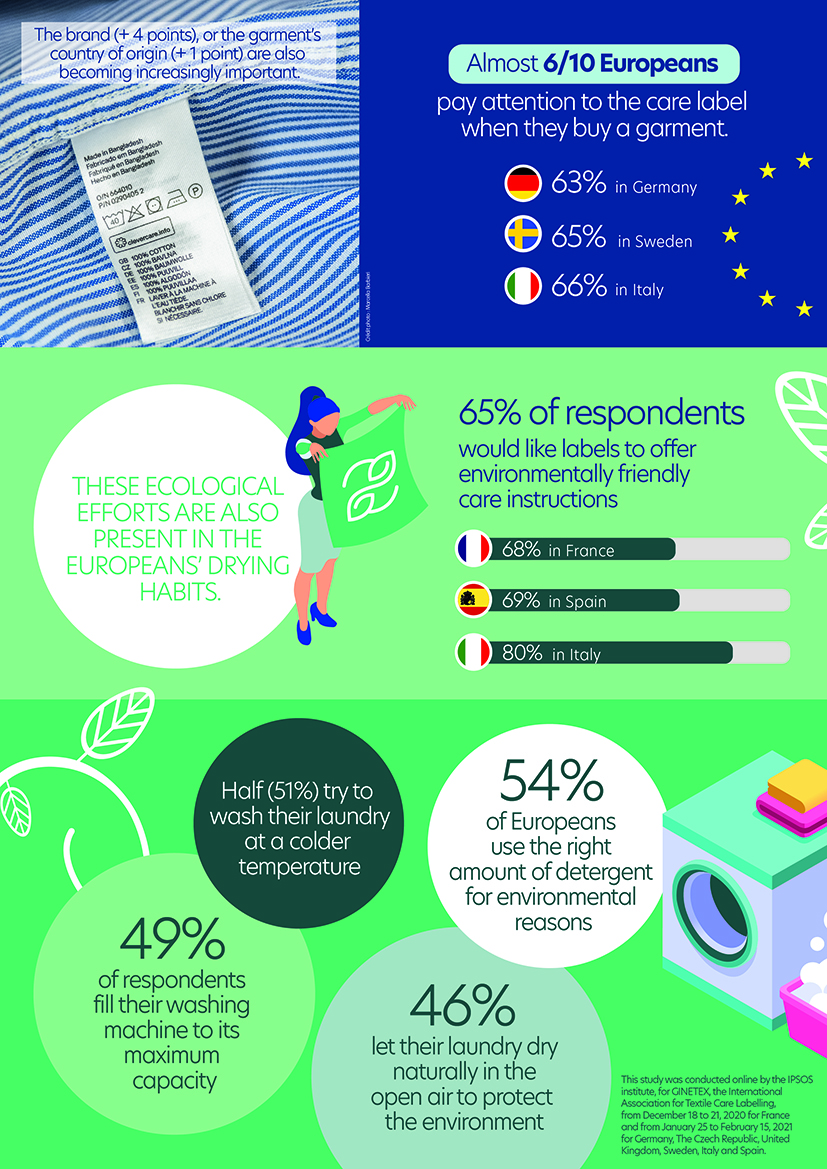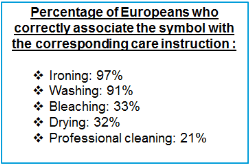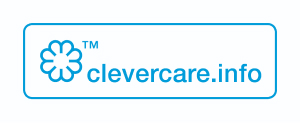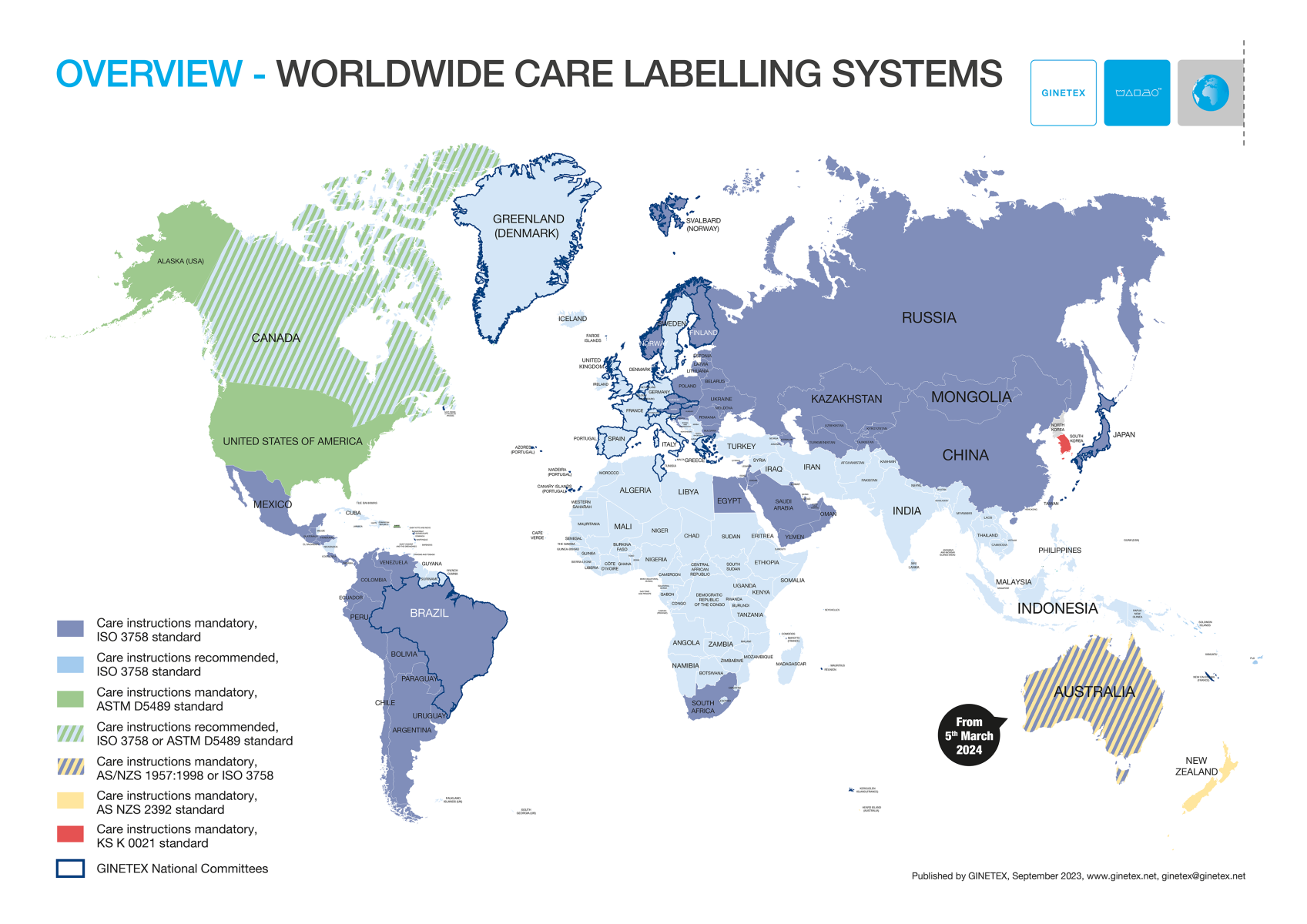Durability of clothing and recognition of care symbols: GINETEX unveils the outcomes of the 2019 IPSOS European Barometer
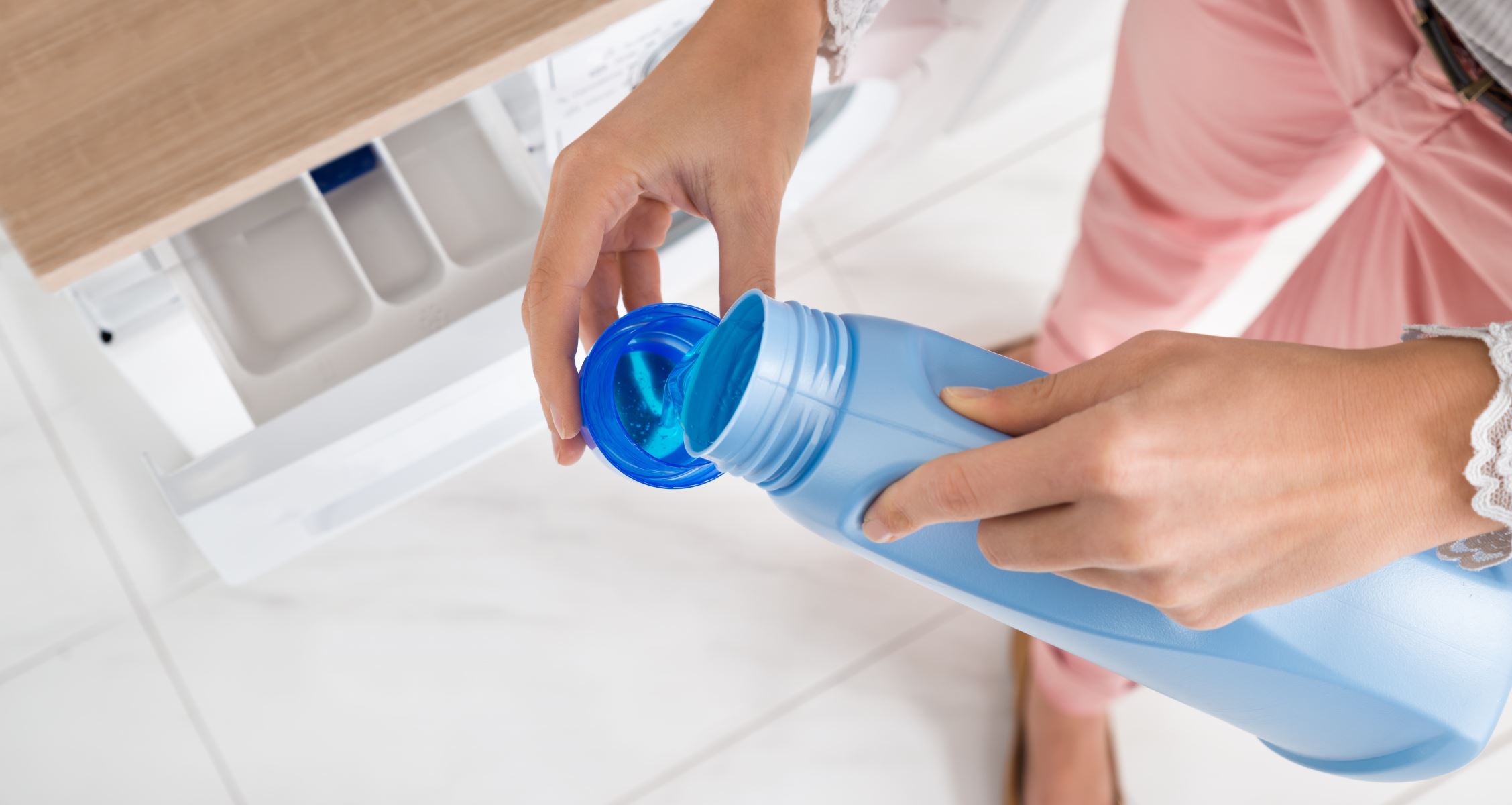
-
More than 8 out of 10 Europeans consider that the textile care label is useful.
-
The vast majority of Europeans (70%) follow the label's care instructions.
-
2 out of 3 Europeans say that they care for their clothes in order to be able to wear them longer.
-
75% of Europeans give their unwanted clothes to charities, associations or relatives, or drop them at a collection point.
-
3/4 of Europeans never or rarely buy a garment without a care label.
 Download the press release
Download the press release
GINETEX, the International Association for Textile Care Labelling, unveils the results of the second European Barometer for 2019 "The textile care label and the Europeans", conducted with IPSOS. Today's survey was carried out in seven European countries: France, the United Kingdom, Germany, Italy, Sweden, the Czech Republic and Spain.
Europeans appreciate their clothes and wish to keep them for as long as possible
This is one of the major trends identified by the barometer: Europeans like to buy clothes and pay attention to how they should take care of them. In the seven surveyed countries for instance, almost all respondents (97%) had purchased at least one item of clothing in the past six months. The proportions vary between 94% in Sweden and 98% in Italy and Spain.
Europeans are concerned about the durability of their clothing and pay great attention to their care instructions: 70% respect their textile’s label’s guidelines - a relatively stable result (+1 point) compared to the last edition of our barometer. On this specific subject however, answers differ quite significantly between the countries: 78% of Swedes follow the care instructions, 71% do so in France while only 64% do so in the United Kingdom.
When they were asked why they followed these guidelines, two out of three respondents mentioned that they wanted to keep their clothing for as long as possible – illustrating that durability of clothing is a widely shared issue in Europe.
"This barometer milestone is rich in teachings for our profession. Durability of clothing is at the heart of Europeans’ interests, who wish to keep their garments for as long as possible. Europeans - with disparity – find the label instructions very useful and have a high level of trust in their textiles’ care labels.” Says Michael Hillmose, President of GINETEX
The textile care label: a true ally for Europeans who care for their clothes
Eight out of ten Europeans (82%) consider the textile care label useful. Although this figure remains significant, it drops to 76% in France and 79% in Spain. On the other hand, it reaches 86% in the Czech Republic, 85% in Italy and 84% in Sweden.
For a vast majority of respondents, the textile care label plays a crucial role in the purchase of a garment: 75% of Europeans would never (or rarely) buy a garment without care instructions. This answer testifies how important this label is to Europeans. Among them, the British and the Germans are the most attached to the care label: for 83% inhabitants of these countries, the purchase of a textile without a label is out of the question, or rare.
Generally, it is at the time of the first wash (47%) or when they purchase a garment (26%) that Europeans take a look at the instructions on the garment’s label. The Germans refer to it the most at the time of purchase (33%) and the Italians check it the most at the first wash (53%) together with the Swedes (52%). On these two points, the French range in the average figures of European behaviours: 45% of them check the label at the first wash, and 28% at the time of purchase.

Europeans are therefore sensitive to textile labels because they wish to care for their clothes. Now, whether they actually understand the care symbols is another question! The symbol for ironing is perfectly identified: 98% of Europeans recognize it. The same goes for the washing symbol, which is well recognized by almost nine out of ten people (89%). For the other symbols however, the proportions are much lower. Only 28% of respondents know the symbol for bleaching (although 45% in Spain and 40% in Italy do understand it), 24% know the symbol for drying and only 15% can identify the professional cleaning symbol.
And when they do not understand the care symbols on their label, almost half of the Europeans (49%) go on the Internet. In France, only 41% of those surveyed go online, while 56% of the Czechs or 55% of the Italians do so. In contrast, the French, like the Swedes, are 34% to fend for themselves in this situation: far more than all Europeans (26%).
Europeans remain committed to the idea of offering a second life to their clothing
Today, awareness about environmental issues is rising everywhere and this trend is clearly present in our barometer. Hence, when Europeans no longer want a garment, only 7% throw it in the garbage - as opposed to 75% of Europeans who donate it (32% to associations, 13% to their relatives and 30% to collection points). Giving to a charity or an association is particularly common in the United Kingdom (57% of respondents), while people in Italy and the Czech Republic give it to relatives (respectively 18% and 19%), and people in Germany prefer to drop it in a collection point (52%).
In this context, it is particularly important to keep our clothes’ labels. They can be very useful, and even critical for people who recover clothes for a second life. 68% Europeans, however, cut their textile’s label - systematically or occasionally. In France, as many as 74% cut them. Conversely, only 45% of Britons cut their labels, and 60% of Swedes do so.
Study Methodology:
This study was carried out by IPSOS Institute for GINETEX, the International Association for Textile Care Labelling, with a sample of 1000 people aged 18 to 65 in each of the 7 countries (a total of 7 000 people): France, Germany, the Czech Republic, the United Kingdom, Sweden, Italy and Spain. This study was conducted online from November 21st to 27th, 2018 in France and from June 21st to July 5th, 2019 in Germany, the Czech Republic, the United Kingdom, Sweden, Italy and Spain.
About GINETEX
First founded in Paris, in 1963, GINETEX, the International Association for Textile Care Labelling, has devised an internationally applicable care labelling system for textiles based on symbol, which aims at informing textile companies and consumers on the best way to care to their textiles. The pictograms used are registered trademarks and are property of GINETEX. GINETEX promotes these symbols worldwide and coordinates its technical contents on a global scale - which is essential for the definition and application of the care labelling code. Today, GINETEX counts 22 member-countries.
GINETEX Contact
Pascale FLORANT
Secretary General
+33 (0)1 47 56 31 71
Tags : Europe - News
